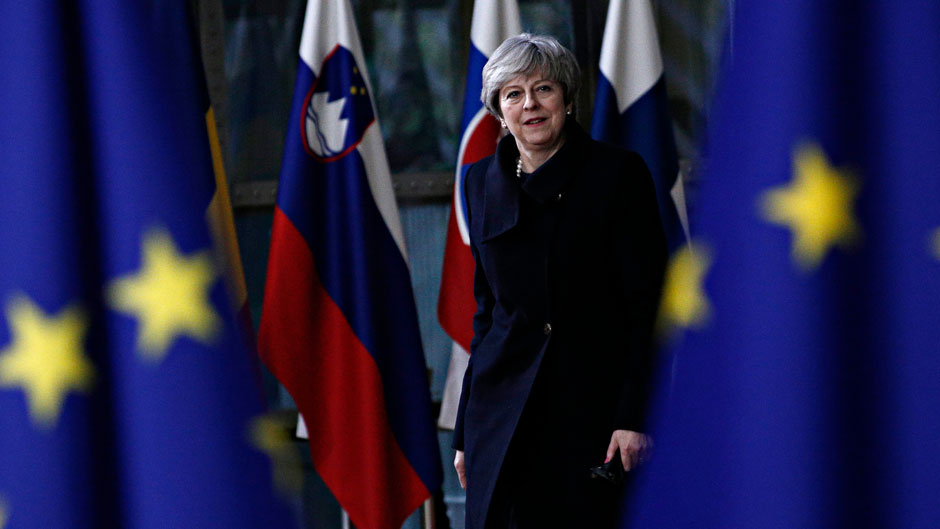The United Kingdom voted to leave the European Union in 2016. That exit from the 28-country partnership is to take place in March 2019. The decision has been controversial and its impacts uncertain.
On Monday, Dec. 10, British Prime Minister Theresa May chose to delay a crucial vote on Brexit, throwing the entire process into turmoil.
Joaquin Roy, University of Miami professor of international studies and director of the European Union Center of Excellence, provides some insight into what is happening with Brexit.
If another vote were held today, would the United Kingdom again vote to leave the European Union or would it stay?
An already cloudy scenario has worsened since the decision on Dec. 10 by Prime Minister May to delay the implementation on the vote in Parliament to ratify the agreement made with the EU. All possibilities are now wide open. If circumstances turn into a sort of normalcy, a second referendum is still a (doubtful) possibility with very uncertain results. A decision to stay cannot be discarded, once the disastrous option of leaving the EU with no agreement deal is left as the only path to be taken.
Will Britain experience a positive or negative impact when it leaves the European Union?
The overall consequence for the United Kingdom will be negative. Economically, leaving the largest trade block in the world will impose limitations on trade and investments that only full membership in the EU guarantee. Politically, the U.K. will lose its advantage in designing the rules of the EU in a variety of fields. London will not be able to have a say in new treaties and future restructuring of the EU. The new status of “third country” will be a very hard pill to digest.
Will Brexit be detrimental to the other countries that remain in the European Union?
The other 27 countries will also suffer the impact of losing the second most important economy in the EU, and one of the most politically decisive members in the general theater of world affairs. Although many institutional frameworks of the EU will be relieved by the absence of an uncomfortable actor in collective negotiations, frequently subject to the veto threat, the comparative weight of the U.K. will be felt. The Brexit decision will always be seen as a temptation for other members to emulate. Threats of leaving could be used as leverage for other countries demanding a more favorable treatment and a loosening of the control by the EU on national sovereignty.
What, if any, will be the impact in the U.S. when Brexit is completed?
With the exception of isolated opinions in the inner circle of the current U.S. government in the sense that Brexit is a positive decision, an EU without the U.K. will mean a complex renegotiation of trade and other economic deals to face the complex world scenario populated by several other individual actors in other continents. A cohesive EU has been a favorable ally of the U.S. in the global scenario.
What will be the impact on immigration in the United Kingdom due to Brexit?
The U.K. at large may experience an initial reduction of the level of immigration that has been favored by the freedom of movement of labor guaranteed by the single market. The restriction to immigration may give the impression to U.K. citizens that jobs are kept open for its citizens. However, certain sectors of the economy may suffer from the reduction of the availability of immigrants willing to perform the kind of work that native workers avoid. Selective skillful workers from the EU may represent a loss for the development of certain enrichment fields.

